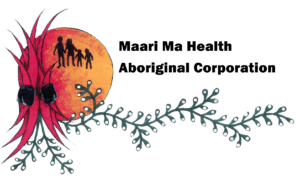Prevention, early detection and management of iron deficiency in children under 5 years at an ACCHO in far-western NSW

Iron deficiency is the most common cause of anaemia in children. Iron deficiency anaemia is associated with developmental delay and irreversible cognitive deficits. Studies suggest children in remote Aboriginal and Torres Strait Islander communities experience prevalence rates of iron deficiency as high as 40 to 60 per cent. The disproportionate prevalence of iron deficiency and iron deficiency anaemia in Indigenous communities is well recognised, and there have been programs implemented in the past decade in remote northern Australian communities to combat this. However, there are no comprehensive studies of prevalence or intervention in New South Wales Aboriginal communities, and evidence for the effectiveness of strategies to combat iron deficiency in these populations remains sparse.
This study will measure the current burden of iron deficiency and iron deficiency anaemia in Maari Ma’s under-five-years Aboriginal population in Broken Hill and Wilcannia, identify key risk factors associated with iron deficiency.

